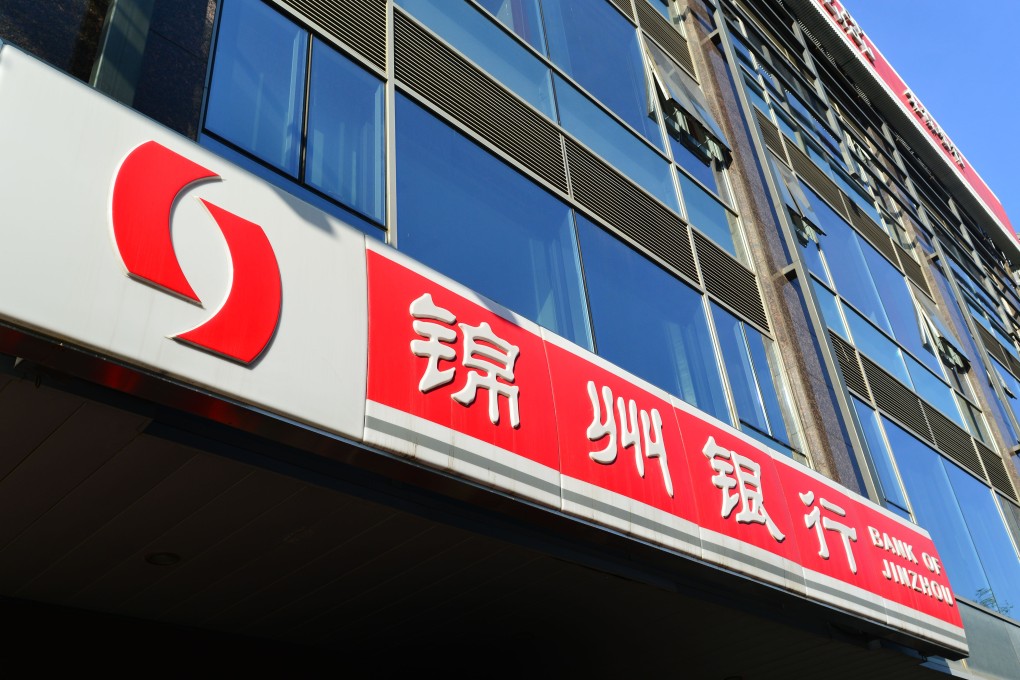Fed hawks push top Chinese banks to pay off US$12 billion of perpetual debt as funding costs surge, market reputation at stake
- Perpetual securities sold by Chinese lenders to replenish their capital in 2017 are due for a big coupon step-up in the coming weeks, if not redeemed
- For the Bank of Jinzhou, the move to repay its perpetual preference shares next month will come at a cost.

The Postal Savings Bank will redeem US$7.25 billion of non-cumulative perpetual preference shares on September 27, while Merchants Bank will repay US$1 billion of similar notes on October 25, according to stock exchange filings. Bank of Jinzhou, a regional lender bailed out by state-run bad loan managers in 2020, will call its US$1.5 billion of such securities on October 27.

With no maturity dates in perpetual debt, borrowers are not obliged to repay noteholders. Market norms require the borrowers to redeem the debt at the first call date as a show of financial strength to assure investors, and to avoid punitive step-ups in annual bond coupons.
“It is aimed at reviving offshore investors’ confidence, although more importantly they are considering lowering financing costs,” said Iris Tan, senior equity analyst at Morningstar. These 2017 perpetual notes pay 4 to 6 per cent coupon annually, about 2 percentage points higher than current domestic interest rates, she added.